Brain Heart Infusion Broth
Product Name: Brain Heart Infusion Broth
Pack Size: 500gm
Brand: Micro master
Origin: India
Intended Use
Brain Heart Infusion Broth is a highly nutritious liquid medium used for cultivation of wide variety of fastidious organisms.
Product Summary and Explanation
Rosenow described brain-heart infusion broth prepared by adding pieces of brain tissue to meat infusion or beef extract dextrose broth.¹ Hayden modified the original formula while working with dental pathogens.² The current formula is a modification of Rosenow and Hayden, using dehydrated infusions of calf brain and beef heart tissue.½ Brain heart infusion broth (BHI) is a liquid medium rich in nutrients, suitable for the cultivation of several fastidious strains of bacteria, such as streptococci, meningococci and pneumococci, fungi and yeasts. It is especially useful as a growth and suspension medium for staphylococci which are to be tested for coagulase production.¾ BHI broth, 0.5 ml per tube is used for the cultivation of bacteria employed in the preparation of inocula for microdilution minimal inhibitory concentration (MIC). When a large number of cells are inoculated into the small volume of broth, a bacterial culture rapidly reaches its stationary phase of growth. The medium is also used in 5-mL amounts per tube for the preparation of inocula in antimicrobial susceptibility test procedures. Fildes enrichment may be incorporated for the growth of fastidious organisms.⅚ With the addition of 0.1% agar, the medium is used for the cultivation of anaerobes. The medium pre-reduced in Hungate tubes is recommended for the cultivation of anaerobic microorganisms, particularly obligate anaerobes.⁷ The broth medium that contains 6.5% sodium chloride is used to differentiate the enterococci from nonenterococcal group D streptococci by the 6.5% salt tolerance test.⁹ Brain Heart Infusion without Dextrose is a basal medium used with carbohydrates for fermentation studies.⁸
Principles of the Procedure
Brain Heart Infusion broth is nutritious and well buffered medium to support the growth of wide variety of organisms. Proteose peptone and infusions (calf brain and beef heart) serve as sources of carbon, nitrogen, essential growth factors, amino acids and vitamins to support the growth of fastidious and non fastidious organisms. Dextrose is the carbon energy source. Disodium phosphate acts as a buffering agent whereas; sodium chloride acts as a differential and/or selective agent by interfering with membrane permeability and maintains the osmotic balance of the medium.
Formula / Liter
| Ingredients | Gms / Liter |
| Calf brain infusion | 200.00 |
| Beef heart infusion | 250.00 |
| Proteose peptone | 10.00 |
| Dextrose | 2.00 |
| Sodium chloride | 5.00 |
| Disodium phosphate | 2.50 |
| Final pH: 7.4 ± 0.2 at 25°C | |
| Formula may be adjusted and/or supplemented as required to meet performance specifications | |
Precautions
1. For Laboratory Use only.
2. IRRITANT. Irritating to eyes, respiratory system, and skin.
Directions
1. Suspend 37 grams of the medium in one liter of distilled water.
2. Dispense into bottles or tubes and sterilize by autoclaving at 121°C, 15 psi pressure, for 15 minutes / validated cycle.
3. For best results, the medium should be used on the day it is prepared, otherwise, it should be boiled or steamed for a few minutes and then cooled before use.
Quality Control Specifications
| Dehydrated Appearance | : Cream to yellow coloured, homogeneous, free flowing powder |
| Prepared Medium | : Light to medium amber coloured clear solution without any precipitate |
| Reaction of 3.7% Solution | : pH: 7.4 ± 0.2 at 25° C |
| Gel Strength | : Not Applicable |
Expected Cultural Response: Cultural characteristics observed after an incubation at 35-37°C for 24-48 hours.
| Sr. No. | Organisms | Results to be achieved | |
| Inoculum (CFU) | Growth | ||
| 1. | Enterococcus faecalis ATCC 29212 | 50 -100 | good-luxuriant |
| 2. | Neisseria meningitidis ATCC 13090 | 50 -100 | good-luxuriant |
| 3. | Streptococcus pneumonia ATCC 6303 | 50-100 | good-luxuriant |
| 4. | Streptococcus pyogenes ATCC 19615 | 50-100 | good-luxuriant |
| 5. | Candida albicans ATCC 10231 | 50-100 | good-luxuriant |
| 6. | Candida albicans ATCC 10231 | 50-100 | good-luxuriant |
The organisms listed are the minimum that should be used for quality control testing.
Test Procedure
1. Brain Heart Infusion broth should be directly inoculated with the inoculums.
2. Immediately place the inoculated containers under anaerobic condition and incubate at 35 – 37oC for 18 – 48 hours.
Results
1. Growth in the containers is indicated by the presence of turbidity as compared to an uninoculated control.
2. If growth observed, cultures should be examined by Gram stain and subcultured onto an appropriate media.
3. If anaerobes are suspected, subcultures should be incubated under anaerobic condition.
Storage
Store the sealed bottle containing the dehydrated medium at 10 – 30°C. Once opened and recapped, place container in a low humidity environment at the same storage temperature. Protect from moisture and light.
Expiration
Refer to the expiration date stamped on the container. The dehydrated medium should be discarded if not free flowing, or if the appearance has changed from the original color. Expiry applies to medium in its intact container when stored as directed.
Limitations of the Procedure
1. For identification, organisms must be in pure culture. Morphological, biochemical and/or serological tests should be performed for final identification.
2. Consult appropriate texts for detailed information and recommended procedures.

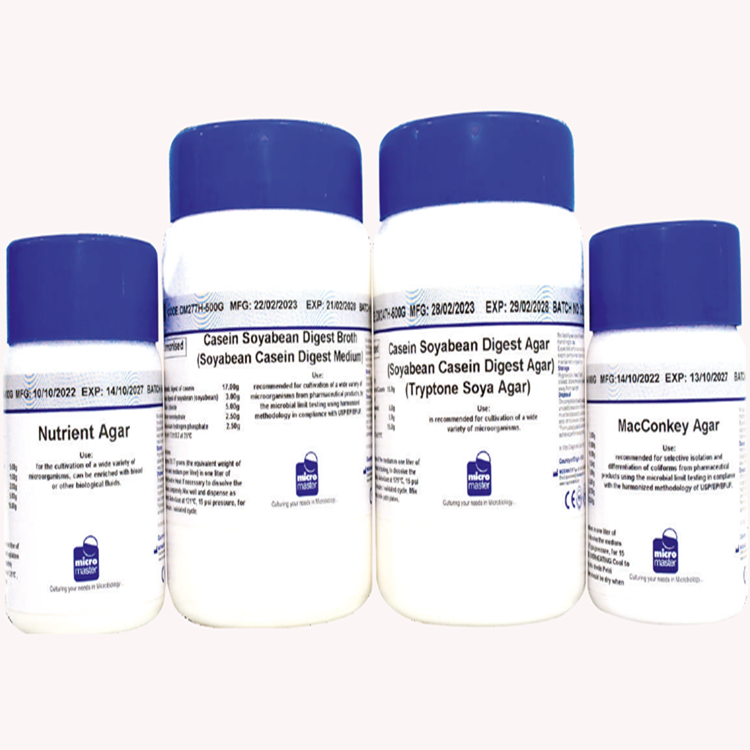




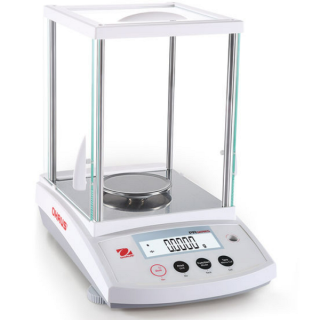
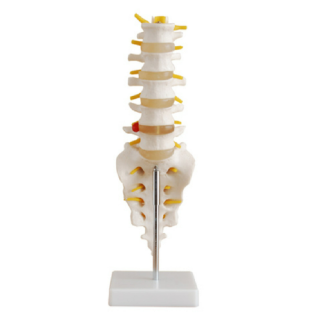
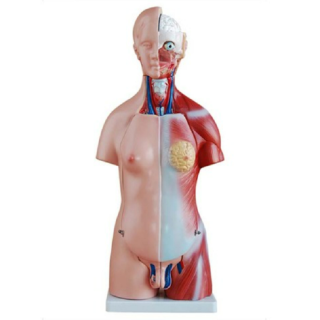
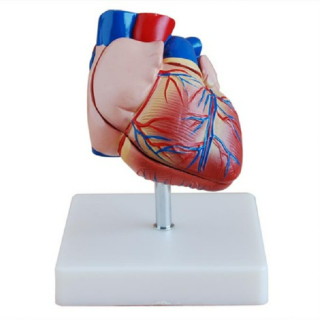
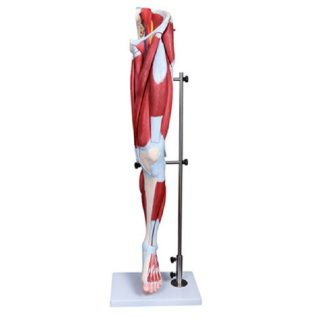
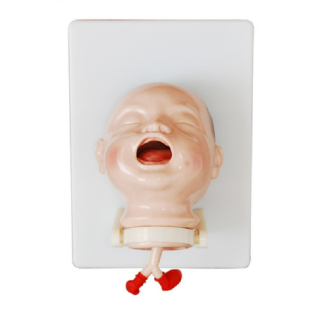
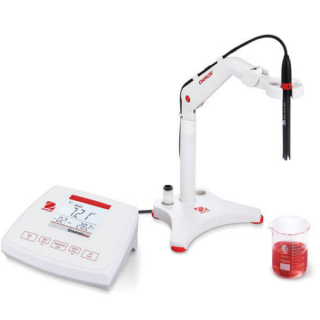
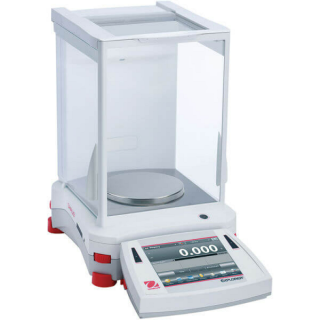


Reviews
There are no reviews yet.